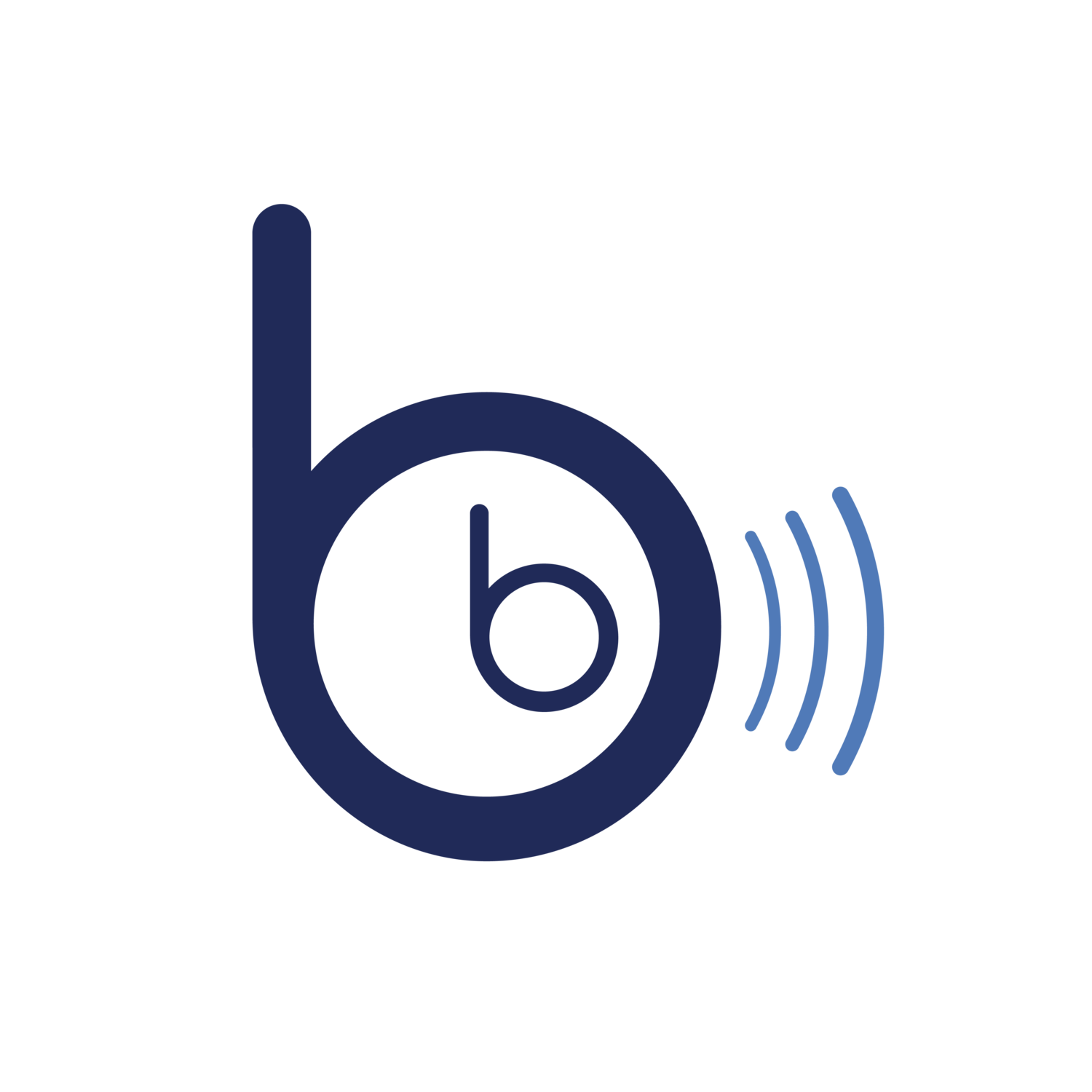How to Think like a Rookie
Whoever thought being a Rookie was a good thing? Well Liz Wiseman, author of Rookie Smarts did. She turned what was once thought as a disadvantage, and revealed the hidden advantages of being a newcomer of any age and in any field. We thought this idea is too good not too share and is particularly applicable to healthcare, where the learning never stops.
The principal of Rookie Smarts is this—there is an unseen advantage, a hidden skill set, in “rookies.” Traditionally seen an inexperienced and a burden on managers, Rookies often have to work extra hard to prove themselves and to get their bearings in a new work environment. However, these exact qualities give Rookies their competitive advantage. Because they inherit a knowledge gap when they enter a new field, they can’t rely on their previous experiences to guide their steps. They therefore, have to learn at an incredible rate.
By harvesting information from industry experts and other resources, rookies compile a mass of information, parsing through and consolidating them into a perfectly adjusted skill set for the project at hand. Additionally, this knowledge gap results in a larger initial investment for each new project, causing rookies to work with a sense of urgency to close the gap. This reactionary behavior to being behind, conversely propels Rookies ahead of their veteran co-workers. As discovered by Wiseman, coupling a desire to learn with an increased work ethic produces a worker that regularly outpaces an employee with years of experience. Additionally, being a rookie opens you up to other people’s perspective, granting the rookie a unique ability to listen to other people’s ideas and applying them in a synergistic way to solve problems and create value.
At first, this idea of Rookie Smarts may seem to cast doubt on the skill sets of experienced workers and give praise the vitality of youth. This is not the case. Wiseman makes clear that these ideas categorize behavior and not people. By making a conscious effort to suppress that “know-it-all” tendency that comes with years of experience, we operate with a willingness to learn, allowing us to better develop our own skill sets. A CEO of 20 years can tap into their rookie smarts by adjusting their perspective towards their staff and processes. This often results in better, more well-balanced solutions and engages team members on a level previously unseen.
This way of thinking can be toggled on and off depending on the situation as well. Mastery of Rookie Smarts means you know when to apply it. Protocols and tried-and-true methodology have an important place in a company structure and can allow for efficient work flow while minimizing risks. Rookie Smarts is about tapping into a skill set that is more suitable for the problem at hand.
For healthcare workers this is critical. In a field where research is constantly being conducted and new information on patient care is continually being disseminated, operating with a willingness to learn is in direct relation to the longevity and vitality of one’s career. Additionally, this allows for better working relationships with co-workers and ultimately delivering the best care possible for the patient.
If you find this idea compelling and want to learn more about the hidden talents of Rookies, be sure to check out Liz Wiseman’s book, Rookie Smarts.




